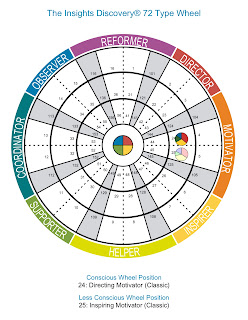Possible transformation with Big Data
Some fascinating statistics in the Schumpeter column from this week's edition of The Economist. The columnist is drawing on research from the McKinsey Global Institute that I also came across earlier this week.
Schumpeter writes:
Get more like this
Schumpeter writes:
- In 2010 the world stored enough data to fill 60,000 Libraries of Congress.
- There are more than 4 billion mobile-phone users (12% of them smartphones).
- YouTube claims to receive 24 hours of video every minute.
- Manufacturers have embedded 30m sensors into their products, converting passive objects into data-generating nodes in the internet of things.
- The number of smartphones is increasing by 20% a year and the number of sensors by 30%.
- Tesco, a British retailer, collects 1.5 billion nuggets of data every month and uses them to adjust prices and promotions.
- Williams-Sonoma, an American retailer, uses its knowledge of its 60m customers (which includes such details as their income and the value of their houses) to produce different iterations of its catalogue.
- Amazon, an online retailer, has claimed that 30% of its sales are generated by its recommendation engine (“you may also like”).
- The German Federal Labour Agency managed to cut its annual spending by €10 billion ($14 billion) over three years while also reducing the length of time people spent out of work.
- MGI argues that the data deluge could create a new wave of productivity growth. Properly used, big data could save the American health-care system $300 billion a year and the European public sector €250 billion. It could also enable retailers to increase their operating margins by 60%.
With seemingly inescapable trends like these, it's intriguing to see the pressures on some of my clients: one company is able to produce a ranking of its most popular products - once every six months! I have a phrase, "It's an IT project - therefore it's all about people!" And we're seeing a culture shift as people consider the possibilities of a new way of working.
Get more like this



Comments